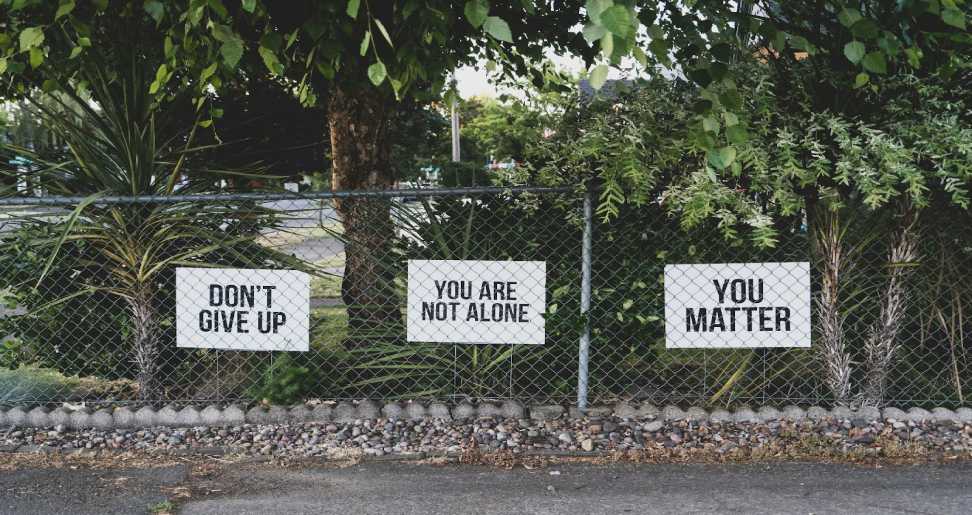Being mentally healthy is very important for our well-being. Like physical health, it needs attention and care. Counseling is one of the best ways to take care of your mental health. One-on-one counseling is when a person works with a trained therapist to talk about and solve their own problems.
Individual counseling is a one-on-one meeting between a person and a licensed therapist or counselor. This kind of therapy helps people talk about their thoughts, feelings, and worries in a safe and private place. The therapist helps the person explore these issues, understand them better, and develop ways to deal with them.
In this blog post, we will talk about what individual counseling is, why it’s good, and how it can help with mental health.
Advantages of Getting Individual Counseling
Individual counseling can improve a person’s mental health. Here are some of the key features:
1. Individual Attention
Individual counseling is one of the main benefits of individual counseling. Unlike group therapy, where the therapist must divide their attention among several people, individual counseling is focused on the client’s needs. This lets the therapist focus on specific problems that are unique to the client.
2. Keep Your Information Private And Secure
Talking to a counselor is private. This means that the client and therapist can’t talk about anything during the session. This confidentiality encourages clients to open up and share their thoughts and feelings without fear of being judged or exposed. It makes a safe place where people can express themselves freely.
3. Emotional Support & Emotional Healing
Many people go to counseling when they feel overwhelmed by their feelings or have specific problems. The therapist helps the client through difficult feelings, such as sadness, anger, or anxiety. This help can make clients feel better and less alone in their problems.
How To Start Getting Individual Counseling?
Here are some steps to take if you’re considering therapy for mental health:
1. Find a Therapist
Finding a good therapist is the first step. You can ask your friends, family, or health care professionals for suggestions. There are also online directories and resources that can help you find a therapist. It’s important to choose a therapist who has experience in the areas you need help with.
2. Planning a Consultation
Once you find a therapist, set up an initial consultation. This meeting is a chance to talk about your worries, ask questions, and find out if the therapist is right for you. It’s important to feel comfortable with your therapist because this will help you open up and get the most out of your sessions.
3. Setting Goals
During the first few sessions, you and your therapist will likely talk about your goals for counseling. You can ask your friends, family, or healthcare providers for recommendations.
There are also online directories and resources that can help you find a therapist. It’s important to find a therapist who is licensed and knows what you need help with.
Conclusion
Individual counseling is a good way to improve mental health. It helps people deal with life’s challenges by offering personalized attention, confidentiality, and emotional support. Individual counseling can help you overcome anxiety, depression, stress, or relationship issues.
If you’re considering counseling, contact a qualified therapist today. It’s important to take care of your mental health, and getting individual counseling can help you feel better.
Have A Look :-



